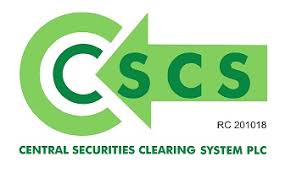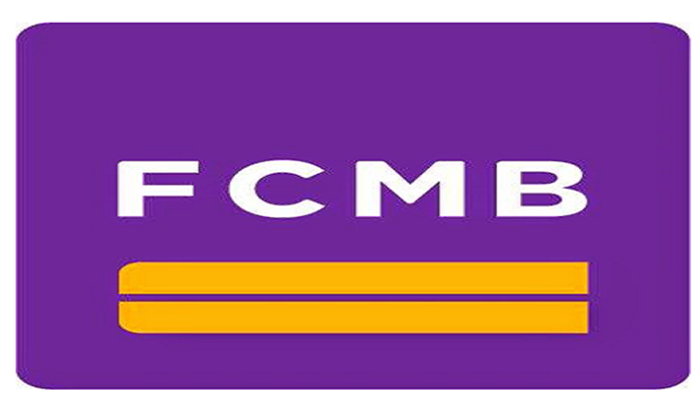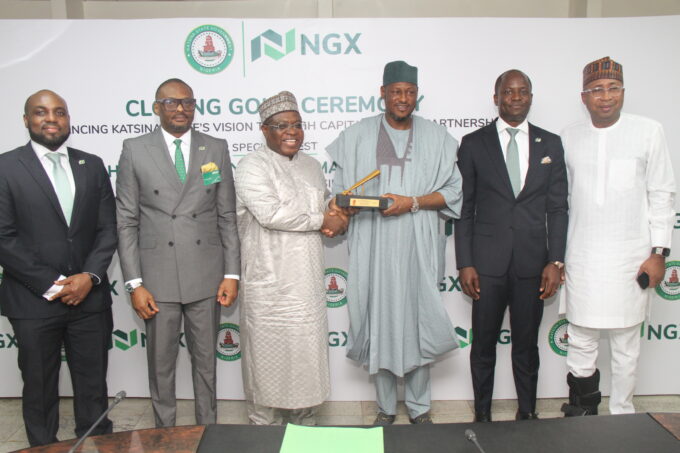June 26, 2018/S & P Global Ratings
We expect Access Bank to continue to report good asset quality indicators and profitability over the next 12 months, amid a slow economic recovery in Nigeria.
However, we anticipate that our risk-adjusted capital ratio will weaken over the next 12-18 monthsforecast horizon because of the recent adoption of International Financial Reporting Standards 9.
Nonetheless, we are affirming our ‘B/B’ and ‘ngBBB/ngA-2’ ratings on Access Bank PLC.
The stable outlook reflects that on Nigeria, and our expectation that Access Bank’s financial and risk profile will remain broadly unchanged over the next 12 months.
On June 25, 2018, S&P Global Ratings affirmed its long- and short-term issuer credit ratings on Nigeria-based Access Bank PLC at ‘B/B’. The outlook is stable.
At the same time, we affirmed our Nigeria national scale ratings on Access Bank at ‘ngBBB/ngA-2’.
The affirmation of our ratings on Access Bank reflects our view that the bank will continue to report good asset quality and profitability indicators as theNigerian economy slowly recovers. We also expect our risk-adjusted capital (RAC) ratio before adjustment for diversification to decline, ranging 4.4%-4.8% over the next 12-18 months, following the initial implementation andapplication of International Financial Reporting Standards (IFRS 9), which had affected retained earnings by Nigerian naira (NGN) 78.3 billion at as of March31, 2018.
However, when adjusted for regulatory risk reserves, the net impact on retained earnings is NGN49.5 billion at the same date. On Dec. 31, 2017, the group’s RAC ratio before adjustment for diversification was unchanged at 5% (5.1% at year-end 2016).
Our view of capital and earnings remains neutral to the ratings. In addition, we expect Access Bank’s capital adequacy ratio toremain above the minimum regulatory requirement of 15%, supported by good earnings generation and measured asset growth.
Our ratings on Access Bank are supported by the bank’s good competitive position as one of the top-five banks in Nigeria by market share in total assets, backed by its well-established corporate franchise, growing retail franchise, and robust risk management framework and risk culture compared with Nigerian peers.
The bank’s loan-loss experience compares favorably with the Nigerian banking sector average. Access Bank started reducing risk on its balance sheet before the first naira devaluation in November 2014 by cutting foreign currency lending. At year-end 2017, the ratio of nonperforming loans (NPLs) to total loans at Access Bank rose to 4.9% from 2.1% at year-end 2016 after a large exposure in the telecommunication sector defaulted. We expect this NPL ratio to gradually decline to below 4% in the next 12-18 months and the cost of risk to marginally improve to 1.5% in 2018 from 1.7% in 2017.
Access Bank’s stable funding ratio reached 126% at year-end 2017, supported by its high proportion (68%) of deposit funding. Net broad liquid assets covered 39% of short-term deposits and short-term wholesale funding twice over.
However, similar to other banks operating in Nigeria, Access Bank’s deposit base is confidence-sensitive due to its contractually short-term nature. Although the bank’s foreign currency deposits are short-dated, we take comfort from the bank’s large domiciliary deposits base, which tends to be stable.
Moreover, Access Bank has raised longer-term dollar funding over the past three years. The bank’s long U.S. dollar position provides a natural hedge to its capital position should the naira be devalued. We do not believe the bank faces significant off-balance-sheet foreign currency requirements or substantial refinancing risk.
The stable outlook on Access Bank reflects our expectation that its financial and risk profile will remain broadly unchanged over the next 12 months.
We could lower the rating on the bank if we lowered the ratings on Nigeria. The ratings on the bank could also come under pressure if its asset quality indicators deteriorate significantly below our expectation for the sector average.
A positive rating action appears remote in the next 12 months, because it would hinge on an upgrade of Nigeria as well as an improvement in banking risks in Nigeria, while all other factors remain equal.














